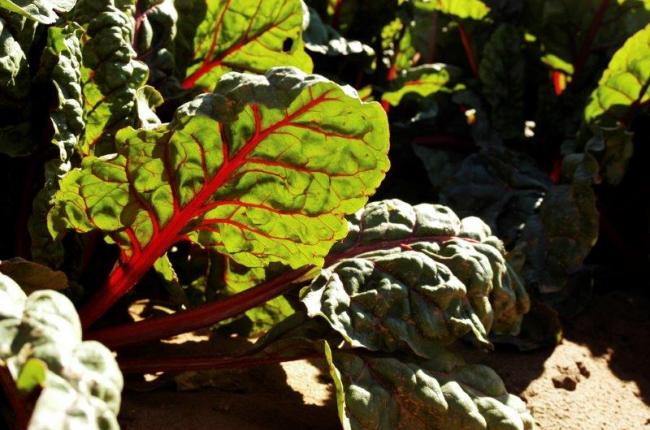Who does not remember Flinstone's vitamins?
Who does not remember Flinstone's vitamins?

These days there are vitamins marketed to children, men, women, seniors, fitness junkies, health nuts, and even your beloved furry friends, but are they necessary? Most experts agree. It is usually unnecessary to take vitamin supplements if you are eating a balanced diet packed with a full range of nutrients, with fruits and vegetables at the forefront. There are 13 essential vitamins our bodies require, and almost all of them can be received through a produce rich diet. But, what can we eat to ensure we are providing our bodies with the right nutrients and what does each vitamin actually do for our health?
Well, here is the skinny...
Vitamin A, essential in growth, development, and skin, hair, and eye health is produced from Beta-carotene, and is found, most notably in orange and red produce such as carrots, apricots, tomatoes, sweet potatoes, mangoes, etc. What's up doc?
Dark leafy greens and nuts provide B vitamins, of which there are eight, thiamin (B1), ribofavin (B2), niacin (B3), panthothenic acid (B5), pyridoxine (B6), biotin (B7), folic acid or folate (B9, which is considered its own vitamin), and cobalamin (B12). Thiamin, B1, and riboflavin, B2, releases energy from fats, proteins, and carbohydrates. Niacin, B3, aids in a healthy nervous system and energy production in cells. Panthothenic acid, B5, is used for normal growth and development. Pyridoxine, B6, breaks down proteins and sustains healthy red blood cells. Biotin, B7, also releases energy from proteins, fats, and carbohydrates. Cobalamin, B12, helps in producing blood cells.
Probably, the most famous vitamin, vitamin C is famous for warding off colds; however, it also helps heal wounds, takes part in the formation of collagen, and keeps bones, teeth, and gums healthy. Everyone knows citrus is packed with this cold fighter, but other notable contenders are kiwi, peppers, tomatoes, Brussels sprouts, spinach, and broccoli.
Vitamin E is a powerful antioxidant that aids in red blood cell and nerve health, and avocados, nuts, and green leafy vegetables are great sources of vitamin E
Folic Acid is essential in the formation of red blood cells, cell division, and is needed to synthesize DNA, a building block of life. More precisely, it helps manufacture nucleic acids, of which humans contain copious amounts and function in programming, communicating and conveying genetic information. It can be sourced from dark leafy vegetables, green beans, peas, oranges, and nuts.
Vitamin K, is essential in clotting our blood, without it, the clotting process would not happen. It can be found in dark leafy greens and cruciferous vegetables, such as broccoli and cauliflower.
Next time you find yourself supplement shopping, walk on over to the produce section. It’s the best medicine around